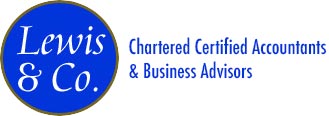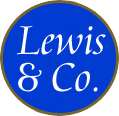HMRC posted the following reminder on their website the first day of the new tax year:
Employers need to report all Benefits in Kind (BiKs), including those under the Optional Remuneration Arrangements (OpRAs), to HMRC on form P11D from today (6 April 2018), unless they are registered to voluntarily payroll benefits.
They further explained, for those of us who had missed the import of the last Finance Act, that:
OpRAs are where an employee gives up the right to an amount of earnings in return for a Benefit in Kind (BiK) and includes flexible benefit packages with a cash option, cash allowances and salary sacrifice.
Rubbing salt into the wounds they reminded us:
The Income Tax and employer National Insurance contributions (NICs) advantages of BiKs – and employee NICs advantages where a charge exists – have mainly been withdrawn due to new rules that took effect in April 2017.
And then:
From today, the rules will cover all OpRAs, apart from those for cars with emissions above 75g CO2/km, school fees and accommodation – these will be included from 6 April 2021.
If a BiK is provided under OpRA rules, the taxable value is now the higher of the cash foregone or the taxable value under the normal BiK rules. This applies to all BiKs, including those that were previously exempt, such as workplace parking.
Until finally, we get the good news:
However, pensions, pension advice, childcare, cycle-to-work schemes and cars with emissions of 75g CO2/km or less are not affected by the rules.
What we should take seriously, is to observe the filing deadline to submit the BiK returns (forms P11D) to HMRC. For the 2017-18 tax year just ended this is 6 July 2018.
If you need help with the process please call, we are happy to assist.






